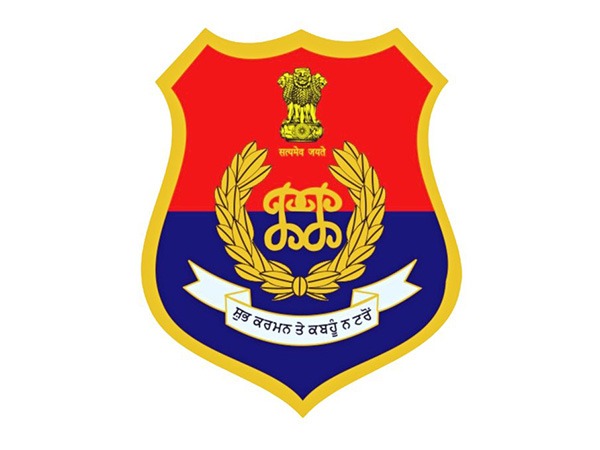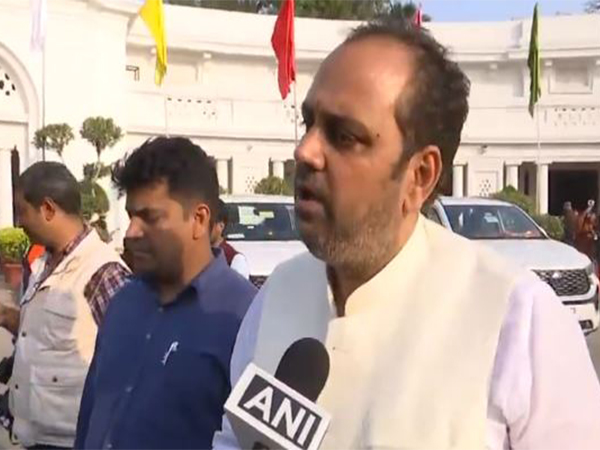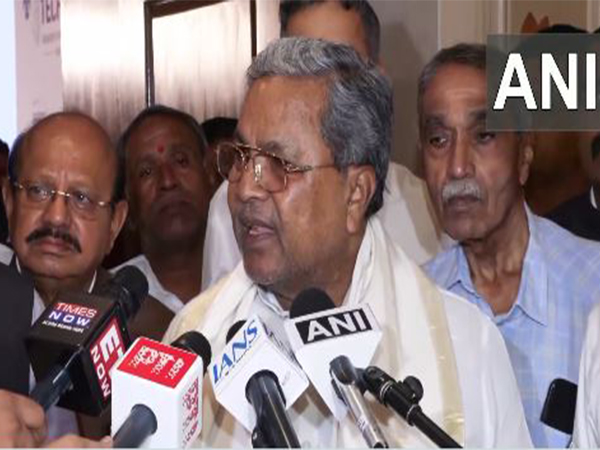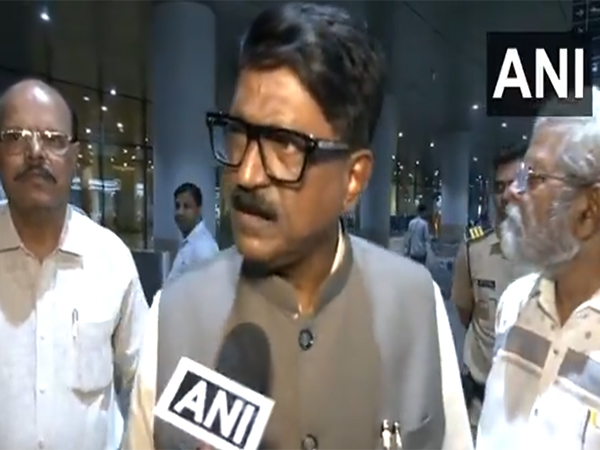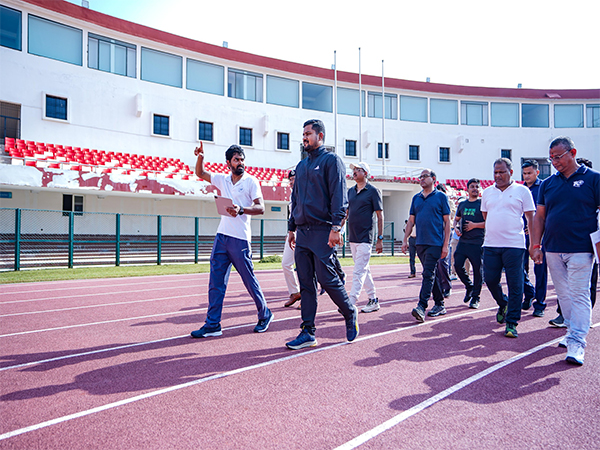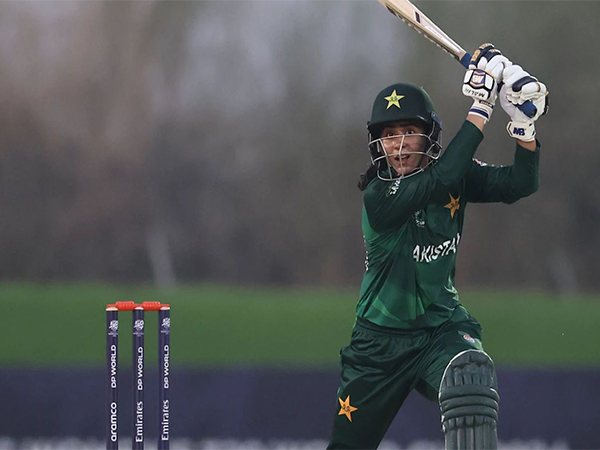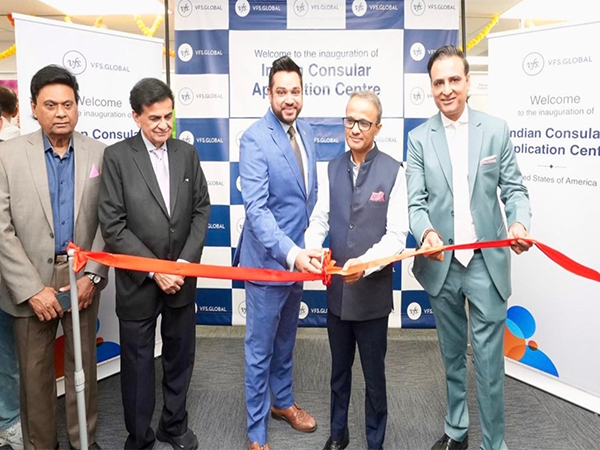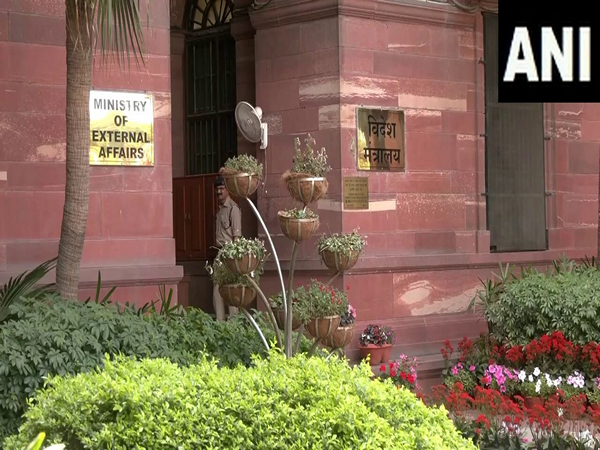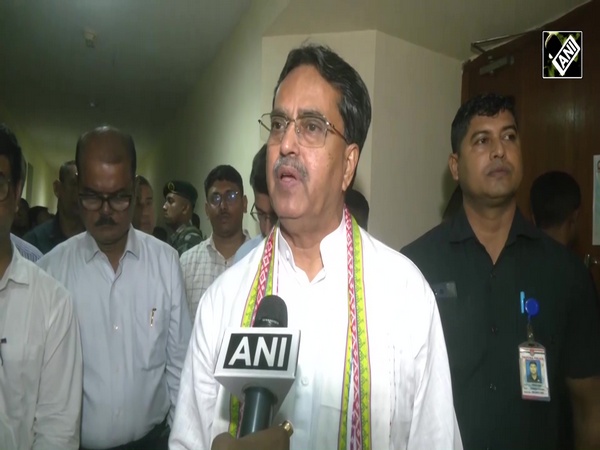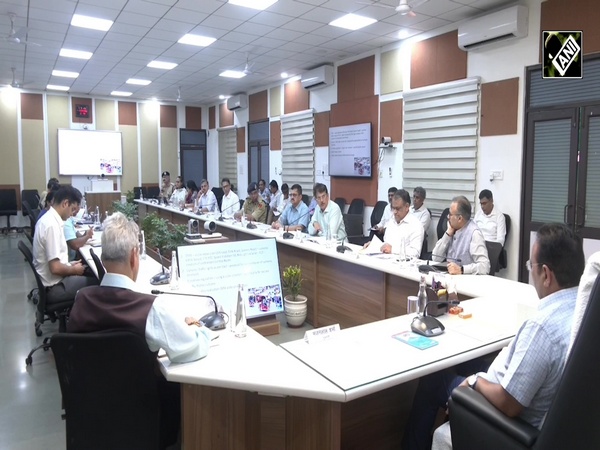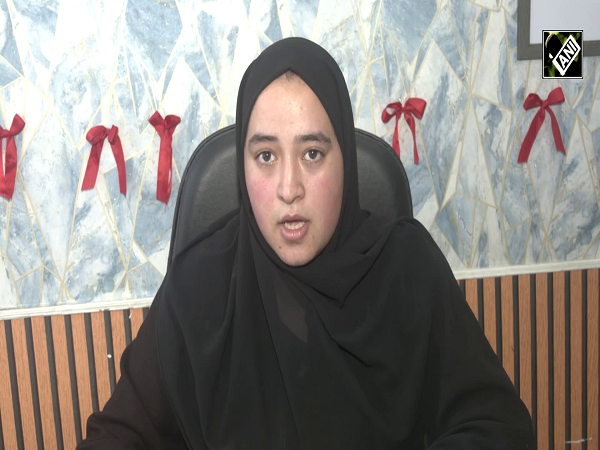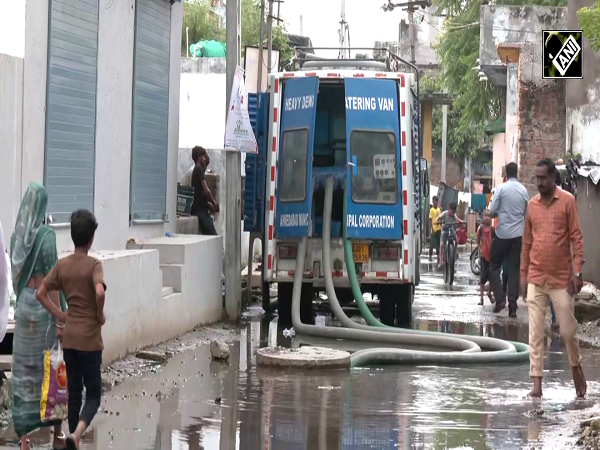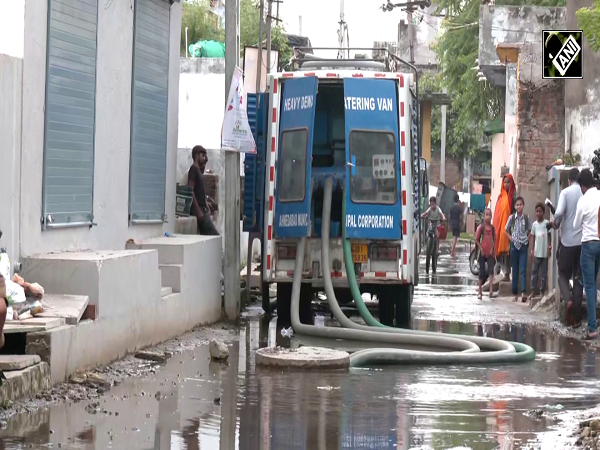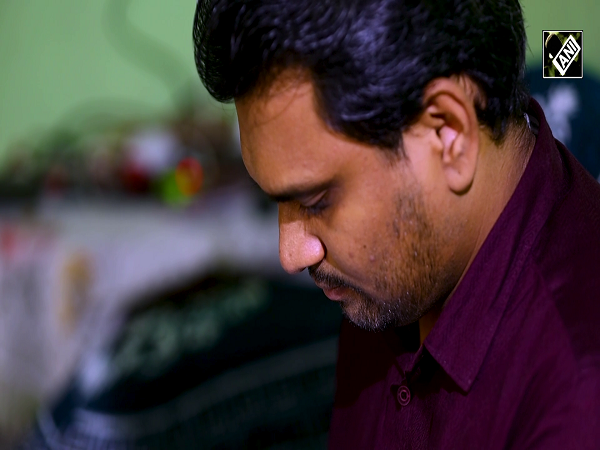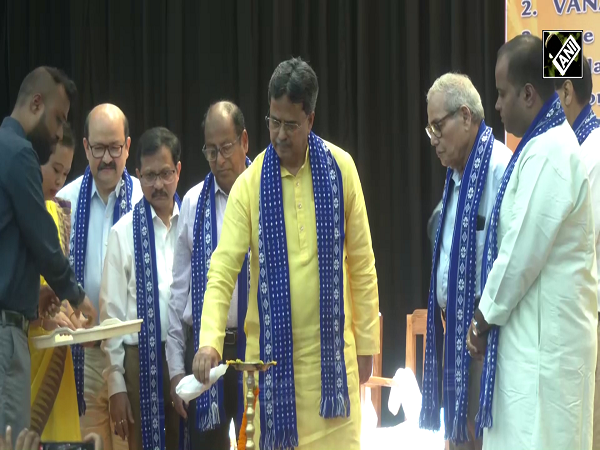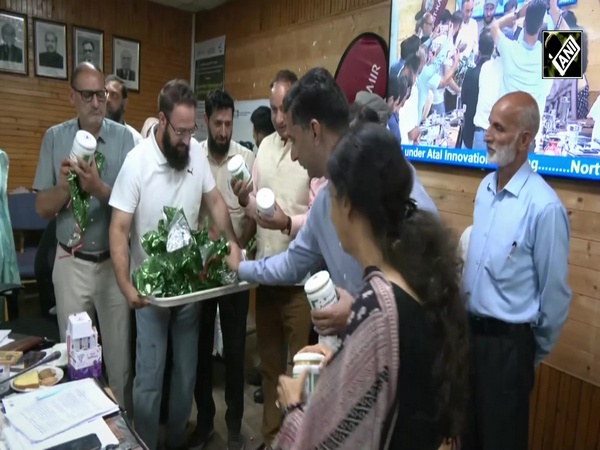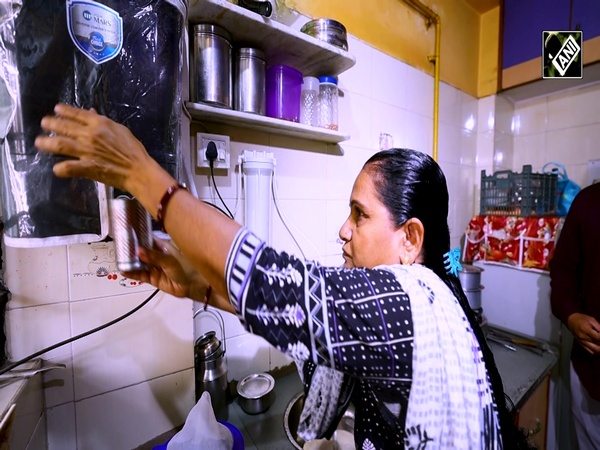"Must always strive to live best and healthiest life," says Breakthrough T1D Global Ambassador
Aug 11, 2024

Udaipur (Rajasthan) [India], August 11 : Early diagnosis and treatment of non-communicable diseases (NCDs), including type 1 diabetes (T1D), is critical for care and quality of life, discussed by experts in a high-level meeting held in Rajasthan's Udaipur. The meeting was organised by Breakthrough T1D, formerly JDRF, the leading global Type 1 diabetes research and advocacy organisation, and the Friends of Mewar in collaboration with UNICEF.
Hosted by Padmaja Kumari Parmar, Breakthrough T1D Global Ambassador, the meeting on Friday was attended by multi-stakeholder partners, including representatives from Breakthrough T1D, UNICEF, Friends of Mewar, charitable institutions, clinicians, civil society organizations and ImPatient Network, a coalition of community members and individuals living with T1D.
Notably, NCDs are a significant global health challenge, contributing to 17 million premature deaths annually, with 86 per cent of deaths in low and middle-income countries. India is experiencing a shift in disease burden from infectious diseases to non-communicable diseases, with NCDs accounting for 66 per cent of all deaths, 22 per cent of which were premature.
Padmaja Kumari Parmar, Breakthrough T1D Global Ambassador, said, "Access to healthcare and timely treatment are critical for managing non-communicable diseases like type 1 diabetes. We need many different stakeholders to come together to improve health outcomes for children and youth at risk of NCDs. This collaboration with partners is important for the progress and sustainability of initiatives, commitment, and innovation to ensure children with noncommunicable diseases like T1D receive the care and support they need for many, many generations to come."
In her message to children with the condition and their parents, she said, "We must always strive to live our best and healthiest life. There are many misconceptions and myths about T1D, and you must get accurate information on the disease and its treatment. Remain positive as it helps in tackling T1D management and outcomes."
Notably, there are children and young people living with T1D in India, facing challenges in accessing healthcare and insulin therapy and continuing to encounter social stigma, especially girls.
Speaking on the early detection, care and management needed for children and young people living with NCDs, Cynthia McCaffrey, UNICEF India Representative, said, "UNICEF's mandate is to protect children's rights, to help children survive and thrive. The epidemiological burden is shifting to non-communicable diseases, including Type 1 diabetes, and is rising among children and adolescents globally and in India, who need immediate attention. Children and youth from vulnerable communities are at greatest risk as they are often excluded from global NCD targets, contributing to poor identification and intervention for treatable conditions.
"UNICEF recognises that it is critical to integrate NCD care into primary healthcare, along with specialised capacity building on the one hand and community awareness and demand creation on the other. An effective system for early detection, care and treatment of children with T1D, birth defects, and developmental disabilities to enable them to live to their full potential," she said.
"The partners convened here today are taking a significant step towards improved NCD detection, affordable quality care and management and building a social support system that leaves no one behind," she added.
Dr Stephanie Pearson, Senior Director, Global Access, Breakthrough T1D, said, "Our organisation helps make everyday life with Type 1 diabetes better while driving towards cures. The T1D Index, a first-of-its-kind data simulation tool that measures the human and public health impact of type 1 diabetes, has provided us with critical insights into the burden of T1D globally for the first time. Shining light into some stark numbers for India that Breakthrough T1D had to act on. The current situation in India is both a challenge and an opportunity."
Mridula Kapil Bhargava, Founder, Diabetes Fighters Trust and Impatient Network Fellow, said, "As a person with T1D for more than three decades and an advocate, I firmly believe in the basic right to life for everyone living with T1D. Insulin and blood glucose monitoring are necessities; however, high out-of-pocket expenses have led to tragic outcomes, especially for young girls and women. When treatments and solutions exist, their access, availability and affordability must be ensured for all. The Impatient Network in India urges the government, UNICEF and other stakeholders for concrete person-centric solutions and for lived experience to be included in policymaking."
